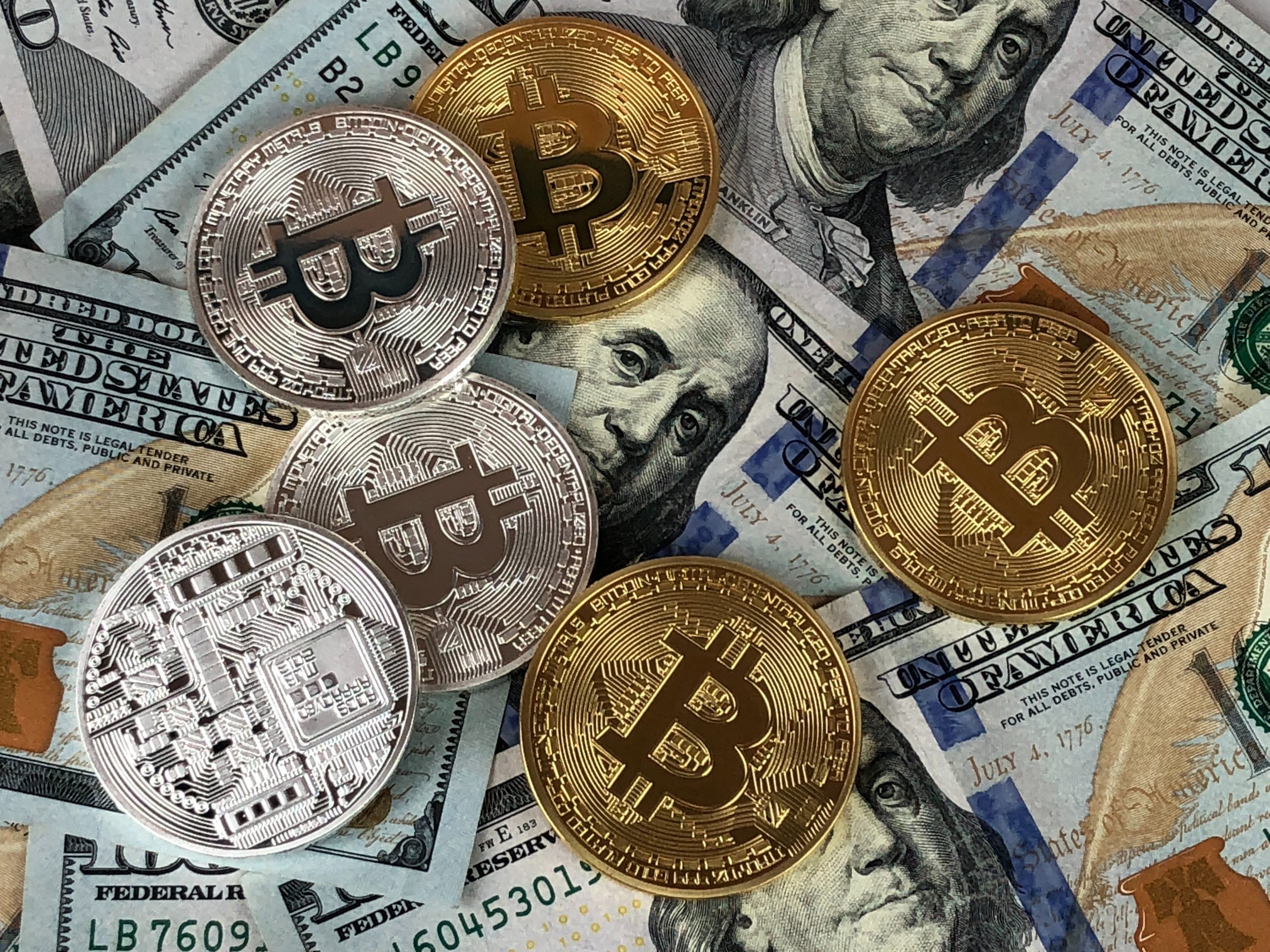Blockchain: Fortifying Cybersecurity

Amidst the rise of sophisticated cyber threats across industries, blockchain technology has emerged as a revolutionary solution for enhancing cybersecurity. Traditional security measures must often be revised to safeguard sensitive information. Leveraging blockchain’s decentralized and immutable nature provides unique advantages, ensuring data security and thwarting unauthorised access.
This blog delves into the potential of blockchain technology for bolstering cybersecurity and its versatile implementation across various industries.
Understanding Blockchain Technology
Before delving into how blockchain can enhance cybersecurity, let’s briefly understand what blockchain technology entails. At its core, blockchain is a decentralised and distributed ledger that records transactions across a network of computers. These transactions are grouped into blocks and added to a chain in chronological order. Once a block is added, altering or tampering with the information it contains becomes virtually impossible.
The key characteristics of blockchain that make it an attractive solution for enhancing cybersecurity include:
Decentralisation: Unlike traditional centralised systems where data is stored in a single location, blockchain distributes data across multiple nodes. This decentralisation eliminates a single point of failure, making it difficult for hackers to compromise the entire system.
Decentralisation ensures that the rest of the network remains secure even if one node is compromised.
It reduces the risk of data breaches and hacks by distributing data across multiple locations.
Immutability: Once data is added to a block and added to the chain, it cannot be altered or deleted. This immutability ensures data integrity and prevents unauthorised modifications.
Immutability guarantees that once a transaction is recorded on the blockchain, it remains unchanged and tamper-proof.
It provides high trust and integrity in the data stored on the blockchain.
Transparency: Blockchain provides transparency by allowing all participants in the network to view and verify transactions. This transparency enhances trust and accountability, reducing the risk of fraudulent activities.
Transparency ensures that all participants can validate the authenticity and accuracy of transactions.
It promotes trust among network participants and reduces the chances of fraudulent activities going unnoticed.
Blockchain for Secure Data Storage
Enhancing cybersecurity finds a powerful ally in blockchain through secure data storage. Unlike vulnerable traditional databases prone to hacks and breaches that lead to sensitive information loss, blockchain’s decentralised nature establishes a robust framework for data storage, ensuring enhanced security.
By using blockchain, organisations can store encrypted data across multiple nodes, making it challenging for hackers to gain unauthorised access. Additionally, the immutability of blockchain ensures that once data is stored, it cannot be altered or tampered with, providing an extra layer of protection.
Blockchain-based secure data storage offers several advantages:
Enhanced data security: Blockchain’s decentralised architecture reduces the risk of data breaches and unauthorised access by eliminating single points of failure.
Encryption: Data stored on the blockchain can be encrypted, enhancing security.
Redundancy: Blockchain’s distributed nature ensures that data is replicated across multiple nodes, minimising the risk of data loss.
Blockchain for Identity Management
In today’s digital era, identity theft and fraud loom as major concerns. To fortify cybersecurity, blockchain technology emerges as a game-changer in identity management systems. Unlike traditional methods that hinge on centralized databases prone to hacking, blockchain-based systems offer a decentralised and secure alternative. By storing identity data on the blockchain, individuals gain greater control. Furthermore, blockchain empowers streamlined and secure verification processes, effectively reducing the vulnerabilities to identity theft and fraud.
The benefits of blockchain in identity management include the following:
Self-sovereign identity: Blockchain empowers individuals to have complete control over their identity information, reducing the reliance on centralised authorities.
Privacy protection: Blockchain enables selective disclosure of identity information, allowing users to share only the necessary details while protecting their privacy.
Immutable audit trail: The blockchain records all identity-related transactions permanently, providing a transparent and auditable history.
Blockchain for Secure Transactions
In addition to data storage and identity management, blockchain technology can enhance the security of transactions. In traditional systems, financial transactions often involve intermediaries such as banks, increasing the risk of fraud and data breaches. However, blockchain eliminates the need for intermediaries and provides a direct peer-to-peer transaction framework.
Organisations can ensure secure and transparent financial interactions by leveraging blockchain for transactions. The decentralised nature of blockchain eliminates the risk of a single point of failure, making it difficult for cybercriminals to manipulate or intercept transactions.
The advantages of using blockchain for secure transactions include:
Elimination of intermediaries: Blockchain enables direct peer-to-peer transactions, eliminating the need for intermediaries and reducing the associated risks.
Enhanced privacy: Blockchain can provide pseudonymity, allowing users to transact without revealing their identities.
Smart contracts: Blockchain-based smart contracts automate and enforce transaction rules, reducing the risk of fraud and ensuring transparency.
Blockchain for Supply Chain Security
Ensuring the integrity and security of supply chains is crucial for businesses across various industries. Counterfeit products, theft, and unauthorised modifications can result in significant financial losses and reputational damage. Blockchain technology offers a solution to enhance supply chain security and combat these challenges.
By implementing blockchain in supply chain management, organisations can track and trace products at every stage, ensuring transparency and authenticity. Blockchain’s immutability prevents unauthorised modifications, allowing companies to verify goods’ origin, quality, and authenticity. Additionally, blockchain enables real-time visibility, reducing the risk of counterfeit products entering the supply chain.
The benefits of using blockchain for supply chain security include:
Transparency and traceability: Blockchain provides a transparent and auditable record of all transactions, ensuring accountability and eliminating the possibility of fraudulent activities.
Enhanced trust: Blockchain enables participants to verify the authenticity and provenance of products, building trust among supply chain partners and customers.
Efficient recalls: In product recalls, blockchain enables swift identification and isolation of affected products, minimising the impact on consumers and the overall supply chain.
Conclusion
Blockchain technology has the potential to revolutionise cybersecurity across industries. Its decentralised nature, immutability, and transparency offer unique advantages in securing data, managing identities, facilitating secure transactions, and enhancing supply chain security. As cyber threats evolve, leveraging blockchain technology can play a vital role in safeguarding sensitive information and mitigating risks. By exploring the various applications of blockchain in cybersecurity, organisations can stay one step ahead in the battle against cybercrime.
Be sure to check out our other related posts if you enjoyed this one:
- The Rise of Collaborative Robots: Transforming Industries
- Unmasking Cyber Secrets: The Art of Deception Revealed!
- Decoding Cyber Threats: The Social Engineering Menace
- Unlock the Ultimate Quest: Ready Player One’s Audio Adventure!
- Revolutionising Wellness: Metaverse Therapy Unleashes Mental Liberation!
- Code Mastery Unleashed: Transform Your Skills with Clean Code by Robert C. Martin! 🚀
- Top Must-Have Tech Gadgets for Kids – Unbelievable Fun!
- Mastering Crypto Trading: Proven Strategies
- Unveiling Ethereum 2.0: Advancements & Impact
- AI Transforms E-Commerce: A Digital Revolution
Sign up for updates on this blog and our latest posts if you enjoyed reading this one.
FAQ
What is blockchain technology?
Blockchain technology is a decentralised and distributed ledger that records transactions across a network of computers. It groups transactions into blocks and adds them to a chain in chronological order. Once a block is added, its information becomes virtually impossible to alter or tamper with.
How does blockchain enhance cybersecurity?
Blockchain enhances cybersecurity through its essential characteristics:
Decentralisation: Data is distributed across multiple nodes, eliminating a single point of failure and reducing the risk of compromise.
Immutability: Once data is added to the blockchain, it cannot be altered or deleted, ensuring data integrity and preventing unauthorised modifications.
Transparency: All participants in the network can view and verify transactions, promoting trust and accountability while reducing the risk of fraudulent activities.
What are the advantages of using blockchain for secure data storage?
Blockchain-based secure data storage offers several advantages, including:
Enhanced data security: Decentralisation reduces the risk of data breaches and unauthorised access.
Encryption: Data stored on the blockchain can be encrypted, enhancing security.
Redundancy: Blockchain’s distributed nature ensures data is replicated across multiple nodes, minimising the risk of data loss.
How can blockchain enhance supply chain security?
Blockchain technology can enhance supply chain security by providing transparency, traceability, and trust. It allows organisations to track and trace products at every stage, ensuring authenticity and preventing unauthorised modifications. Blockchain’s transparent and auditable record of transactions promotes accountability and eliminates the possibility of fraudulent activities. Additionally, blockchain enables efficient recalls by swiftly identifying and isolating affected products.
Credits
Featured image by Freepik.








